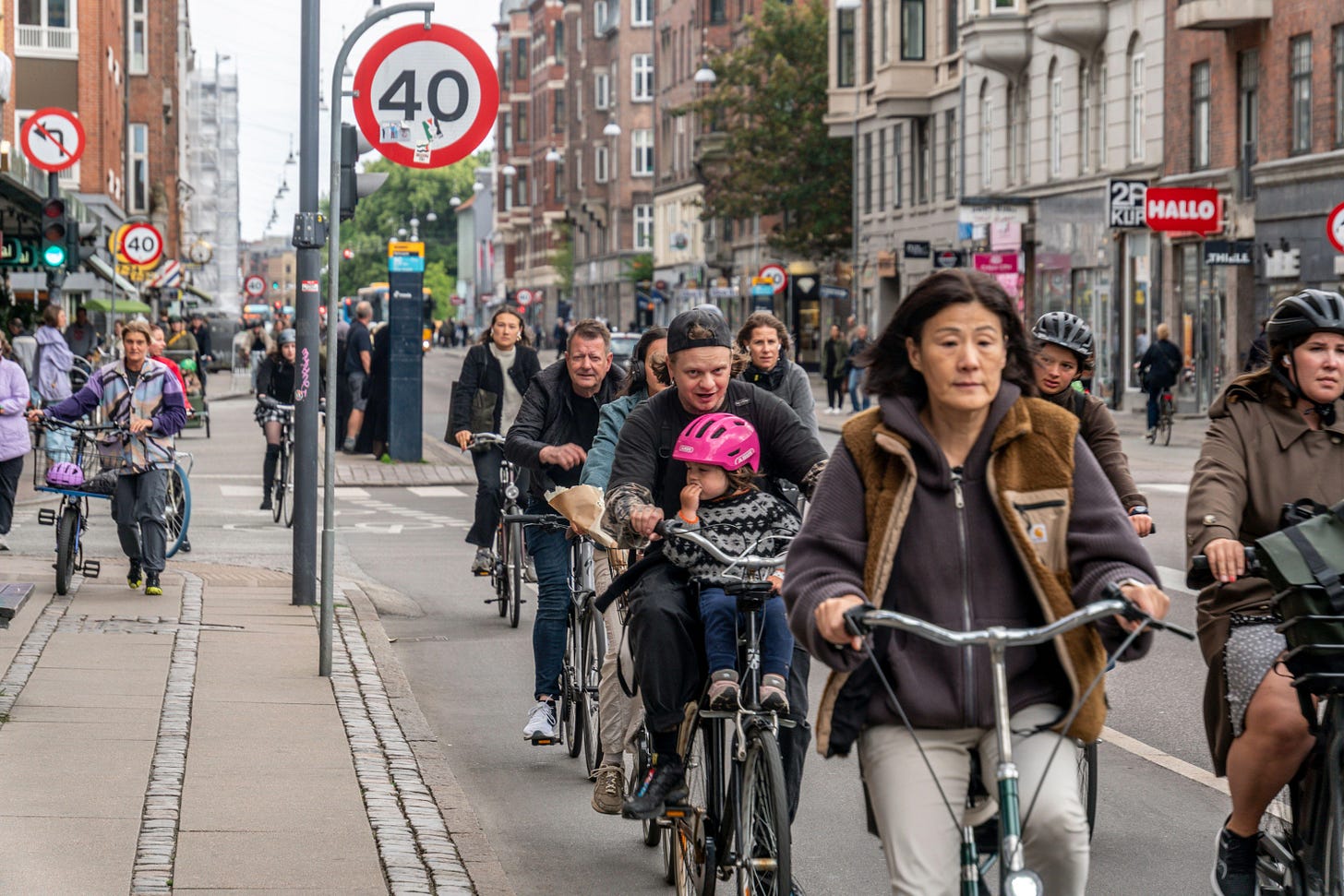What Britain can learn from Denmark on immigration and integration
Denmark treats integration as a civic duty. It speaks openly about the need for unity, shared values, and national belonging.
Immigration built Britain. From the Windrush generation to EU workers and refugees fleeing war and persecution, immigrants have enriched our economy and shaped our identity as a proud, outward-looking nation. Our NHS would collapse without immigration. Our cities pulse with languages, food, faiths, and ideas from around the world. Britain has long been a beacon, not just because of opportunity but because of our values: freedom under the law, tolerance, stability, and fairness. This country has rightly opened its doors when others turned away. Britain’s modern strength, culturally, economically, morally, would be unimaginable without those who arrived from overseas and made it home.
But a difficult truth must be faced. Many people in Britain today, including some born here, do not feel loyalty or pride in this country. Not long ago, I saw a protest in central London directly outside my office in Parliament where a man held a sign reading “The West Must Fall.” This was not a plea for justice but an attack on the values that give us the freedom to hold such a banner. This threat to British values must be confronted.
In this context, Denmark offers valuable lessons. While smaller and with a vastly different history, Denmark has taken a clear, focused approach to immigration and integration. Its policies are often criticised, but it speaks openly about the need for unity, shared values, and national belonging, values that are also British.
Denmark treats integration as a civic duty. Language training is mandatory. New arrivals take orientation programmes on Danish law, social norms, and expectations. Local authorities actively track and support integration. There are consequences for those who do not engage.
Britain, by contrast, lacks a consistent, compulsory integration framework. Language requirements are often relaxed - something Labour’s recent immigration white paper rightly seeks to address - and engagement with British values is limited to a multiple-choice test. Past governments have left communities and charities to fill the gaps. The result is an inconsistent system that can be ignored.
Denmark also takes a clear stance on asylum. Since 2019, it treats refugee protection as temporary, not automatic settlement. Refugees are expected to return when their countries become safe. This allows Denmark to control its borders while continuing to help those in need. Britain could potentially learn from this. Consider Ukrainian people who have arrived under temporary protection, many of whom I have spoken to both in the UK and those who have returned to Kyiv, the idea that they would not want to return to their nation is beyond the pale to them. The yearning to rebuild, to reunite with loved ones, and to reclaim normalcy in their homeland is a dominant theme in nearly every conversation I have had.
Britain’s asylum system, by comparison, is overwhelmed and chaotic. Under Conservative governments, the lack of safe and legal routes has pushed many to risky, irregular crossings with a catastrophic impact on those who tragically lose their life, as well as for UK border security. The backlog is more than bureaucratic, it is deeply unfair to applicants, many of whom have endured unimaginable trauma. Long waits add to their hardship, making integration harder.
Most importantly, Denmark never loses sight of its identity. It expects immigrants and their children to respect and adopt Danish civic norms. This isn’t about erasing difference but ensuring cohesion. Shared language, laws, and loyalty to democracy are non-negotiable. Britain hesitates to discuss national identity, fearing exclusivity or intolerance. But this leaves a vacuum. What does it mean to be British today? Without a confident answer, how can we expect others to embrace it?
Denmark also tackles difficult issues head-on. Its controversial “anti-ghetto” policies break up segregated communities, improve education access, and reinforce social norms. While these may not suit British law or sensibility, the principle is clear: integration doesn’t happen by accident. It takes planning, courage, and political will.
Britain should not copy Denmark blindly. Our histories and institutions differ. But we must learn the value of clarity. We should never apologise for being a nation with a proud history and distinct identity. We should expect newcomers to share that pride, not blindly but with open hearts and a willingness to contribute. And we must be honest: many current problems such as social division, alienation and lack of cohesion are not caused by immigration in and of itself but by a failure to integrate properly over time.
Britain is worth believing in. It has stood alone against tyranny, built a democratic culture admired worldwide, and produced some of humanity’s greatest contributions to science, law, language, and literature. That legacy must be protected and shared with others proudly and confidently, with the understanding that citizenship is more than a passport. It is a bond, belonging, and commitment.
Immigration, managed well and paired with real integration, can be a powerful engine for renewal. But that renewal only happens if we remember who we are and invite others to join us.
Jonah Munn is a Senior Parliamentary Researcher for David Taylor MP



It is interesting that both Denmark and Sweden have recently moved to a much less permissive immigration and asylum seeking regime. Both are EU and EHRC members. Where there is a will, there is a way!